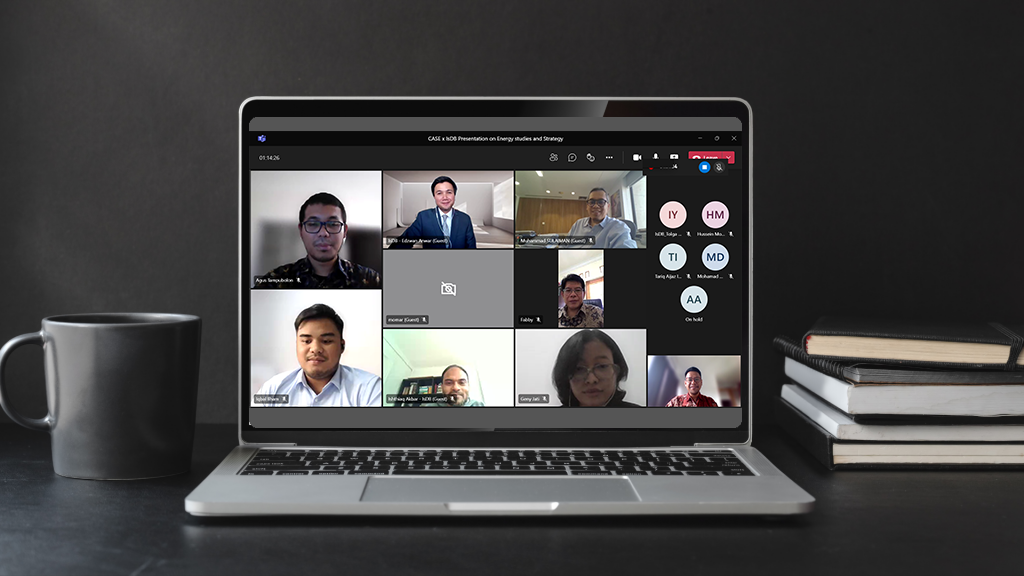Jakarta, 1 December 2021 – In the past year, the term energy transition has gained traction in the policy advocating process as well as public discourse. The energy sector, as the number one polluter globally, attracts the main spotlight as the world is in the race to limit its temperature to 1.5 degrees Celsius. Energy transition, though it is a need, unfortunately, has no universal formula for each region or country to implement. Each country needs to figure out the most suitable scenario for its energy transition considering the context and situation of the country. However, taking notes on the previous experience in preparing or initiating the energy transition could help to smoothen the process of transition preparation in a region.
Indonesia marked a quite progressive move along the year, starting from the announcement of the net-zero target in 2060 (sooner) and also the recent RUPTL that accommodates a bigger portion, 51.6% of renewables. Though the target is still considered not enough to achieve the Paris Target, the ongoing progress and commitment announced are attracting people to learn on how the government shifts its interest, and finally commits to cleaner energy.
On December 1st, 2021, IESR met the Islamic Development Bank (IsDB), Almaty, Kazakhstan to share the progress of the energy transition in Indonesia as well as lessons learned on the role of non-government stakeholders in accelerating energy transition both at the country and regional level.
Sitting for the Central Asia region, IsDB identified the low investment and old infrastructure in power generation, transmission, and distribution as the main issue in the area. The potential renewable energy such as hydro and solar is only available during summer. In the winter where the temperature may drop, for instance up to -50 degrees celsius in Kazakhstan, a way to supply the power must be figured out, and what energy can be used to fulfill the demand.
In developing a more sustainable scenario, IESR as an independent think-tank actively advocating energy transition agenda through several means and channels i.e research dissemination, initiating movement, and actively influencing public discourse.
“For instance, we push solar rooftop penetration into the grid, because we believe the technology could help to democratize energy access which in Indonesia is monopolized by PLN,” Fabby Tumiwa the Executive Director of IESR explained.
In influencing and shaping public opinion, IESR through the Clean, Affordable, and Secure Energy (CASE) for Southeast Asia project actively engaged with the government, media, academic institutions, and public to promote energy transition discourse for a wider audience. In policy advocacy matters, CASE is also in partnership with the Ministry of National Development Planning (Bappenas) to influence the long-term development goal.
Understanding that the energy transition is a multidimensional issue, it requires a collaboration of diverse stakeholders in planning and implementing it.
“That is our next goal, we’ll have a meeting with the Ministry of Energy and talk about the plan, and figure out what we can do to support the deployment of renewable energy and what works for them,” said Edzwan Anwar of the IsDB.

